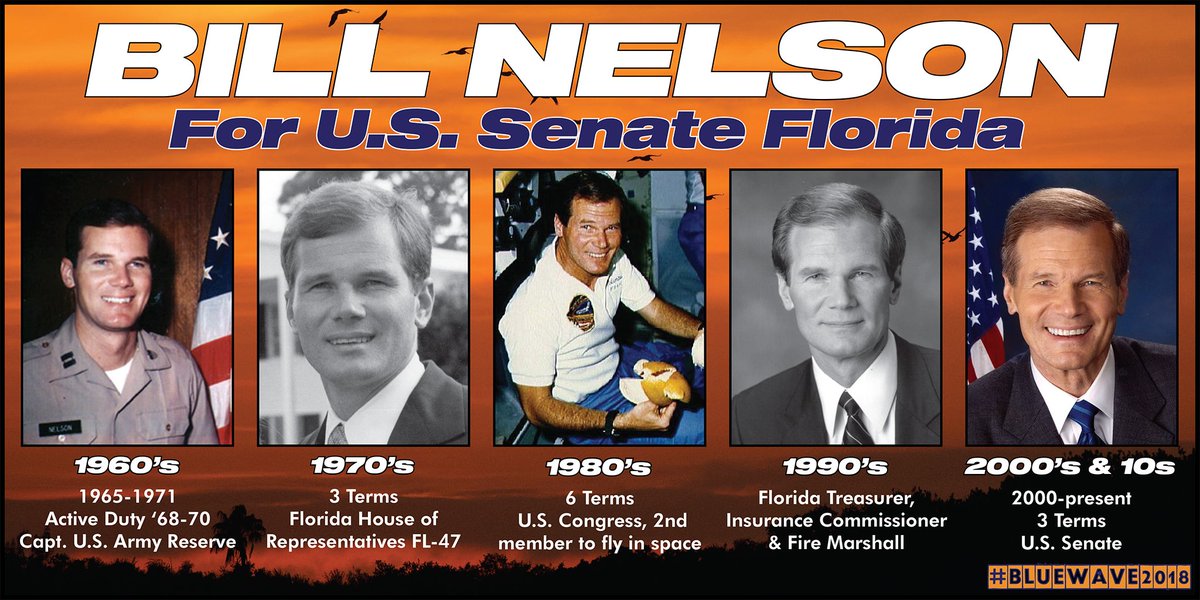There's been a lot of confusing talk about Puerto Rico Governor Rosselló being a Democrat. But this betrays a lack of knowledge about PR politics.
PR politics turns on the "status question"—the relationship between the Island and the United States.
1/
There are several local parties. The two principal ones are the New Progressive Party (PNP in Spanish) and the Popular Democratic Party (PPD).
2/
But the raison d'être of the PNP is promoting the admission of PR as a US state ("statehood").
This is Governor Rosselló's party.
3/
It's the party that created the Commonwealth (the current status) and its raison d'être is to defend some form of the current relationship with the US.
4/
It is historically and culturally relevant, but not electorally competitive.
5/
The PNP and the PPD are the parties that contest elections every four years.
6/
But the Democratic and Republican parties don't correspond to the PPD and PNP. Not even close.
7/
Puerto Ricans can't vote in US presidential elections. There are no PR electors in the electoral college.
PR only has a non-voting Resident Commissioner in the House.
8/
Puerto Rico has (fairly large) delegations in both the Democratic Party and the GOP.
9/
(PR residents also make donations to both parties. And if they move a US state, they get to vote for President.)
10/
The D and R labels *only matter* within the parties. They are almost completely irrelevant to PR voters.
11/
The PPD (opposition) is mostly Democrat. It's members make up the majority of the PR Democratic delegation.
12/
But mostly it's about strategy. Strategy about the status question.
13/
14/
The PPD was historically close to the Democrats because of the New Deal, but also played both sides (though to a lesser degree).
15/
Case in point: the current PR Resident Commissioner.
16/
(scroll back to tweet #8, then come back)
17/
And she's a Republican.
And it didn't matter.
Because their only relevant party affiliation in PR elections is PNP.
18/
The interim president is Tomás Rivera Schatz.
He's a Republican.
And it doesn't matter.
Because their only relevant party affiliation in PR elections is PNP.
19/
(There's rot in the PPD too, but it's a different kind.)
But the point is, this has nothing to do with Democrats and Republicans.
20/
The truth is, PR politicians' affiliation with US parties is mostly mercenary, and doesn't inform the current scandal in any meaningful way.
21/fin




